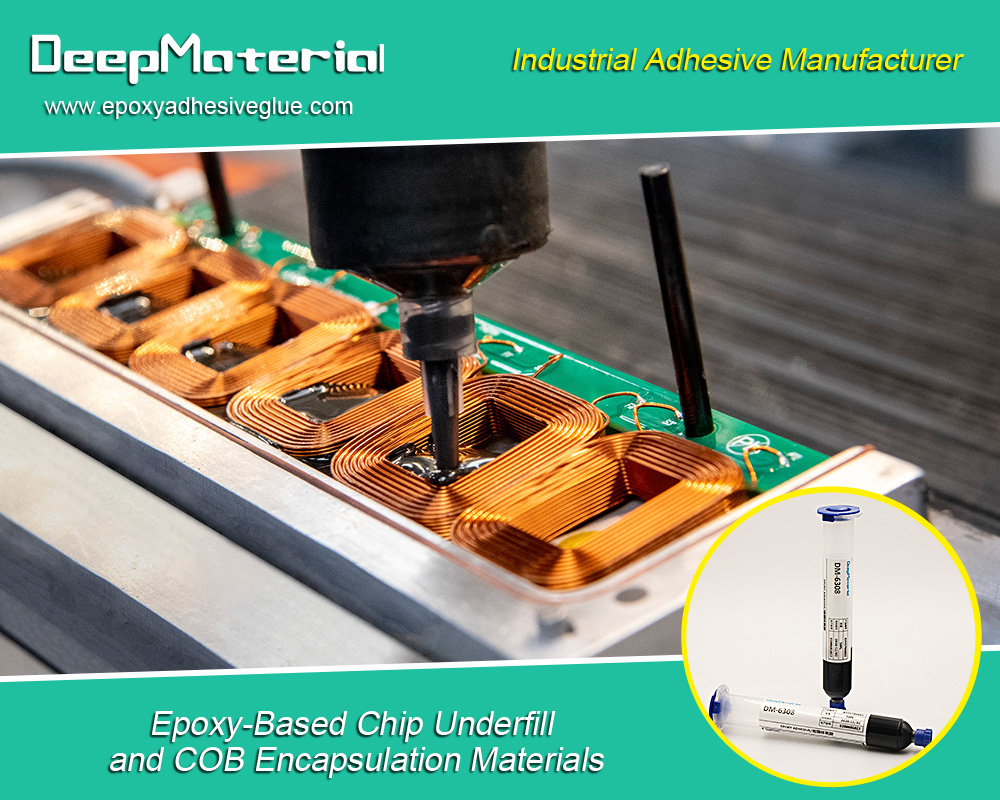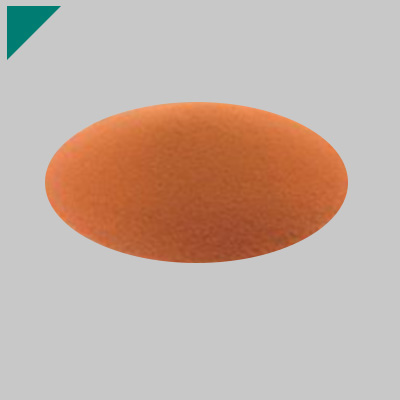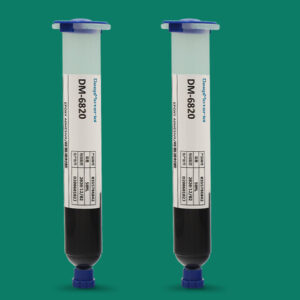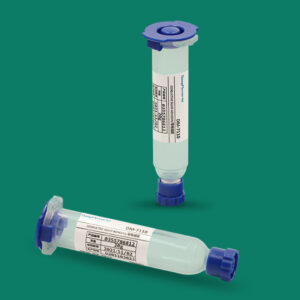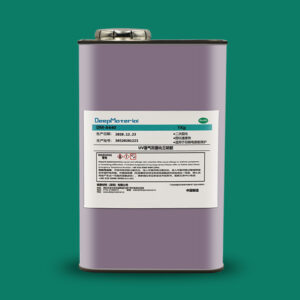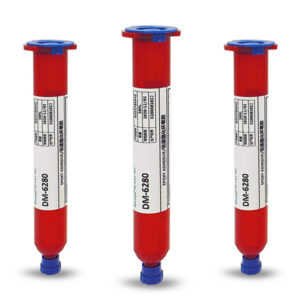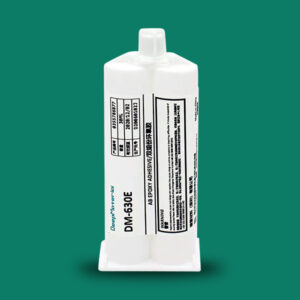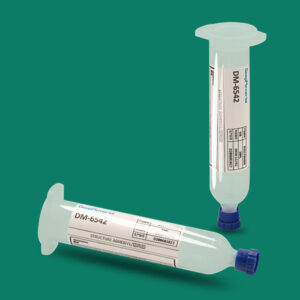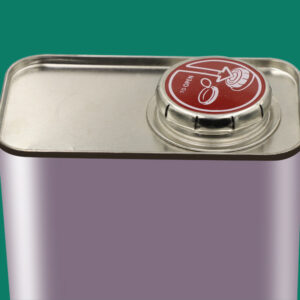Tips for Choosing the Best Waterproof Glue for Plastic to Metal
When it comes to bonding plastic to metal, choosing the right adhesive can make all the difference. With so many options available, it can be overwhelming to determine which waterproof glue is best suited for your project. In this post, we will provide you with some tips on how to choose the best waterproof adhesive for plastic to metal. Whether you’re working on a DIY project or a professional job, these tips will help you make an informed decision and ensure a strong and long-lasting bond.
Importance of Waterproof Adhesive for Plastic to Metal Bonding
Waterproof glue is necessary for plastic to metal bonding because it prevents moisture from weakening the bond over time. Without waterproof glue, the bond between the plastic and metal can break down, causing the materials to separate. This can be especially problematic in outdoor or wet environments, where moisture is more likely to be present.
Using waterproof glue for plastic to metal bonding has several benefits. It provides a strong, durable bond that can withstand exposure to water and other environmental factors. It also helps to prevent corrosion and rust, which can weaken the bond over time. Additionally, waterproof glue can be used for a variety of applications, from automotive repairs to household projects.
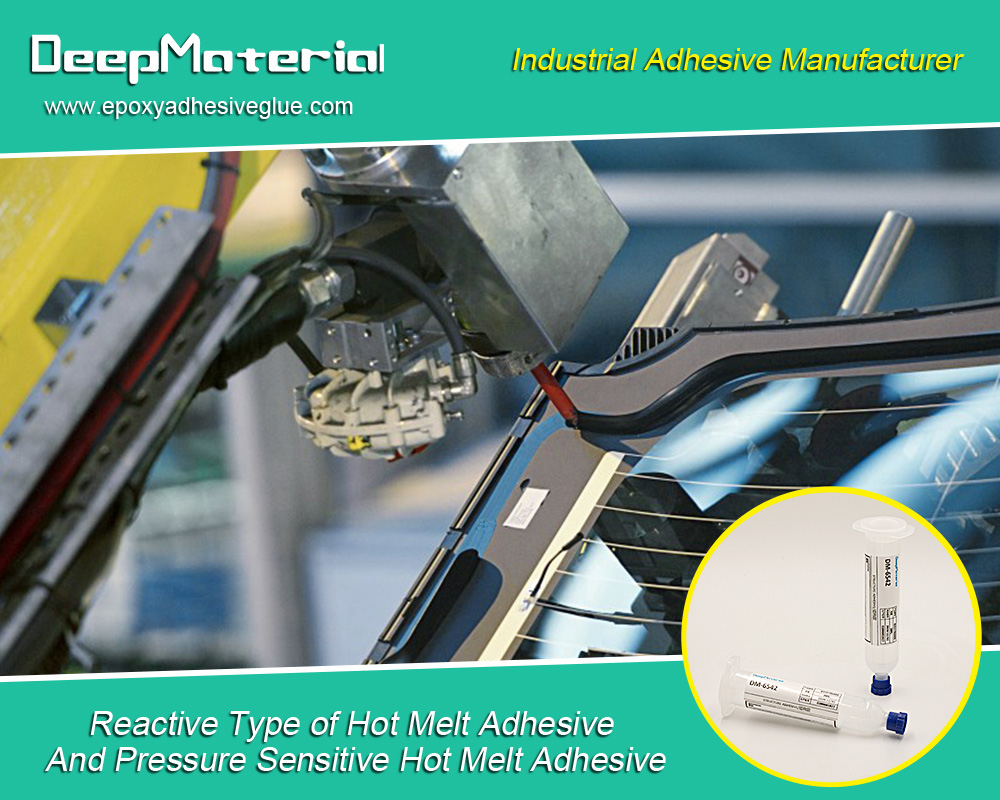
Factors to Consider When Choosing a Waterproof Glue for Plastic to Metal
When choosing a waterproof glue for plastic to metal bonding, there are several factors to consider. These include the plastic and metal being bonded, environmental factors, application method, drying time, and strength requirements.
The plastic and metal being bonded is important because different materials require different types of glue. For example, some plastics are more difficult to bond than others, and some metals may require a stronger adhesive. Environmental factors, such as temperature and humidity, can also affect the performance of the glue.
The application method is another important factor to consider. Some glues require a specific application method, such as a spray or brush-on application, while others can be applied with a syringe or other tool. Drying time is also important, as some glues may require several hours or even days to fully cure.
Finally, strength requirements should be considered when choosing a waterproof glue. Some applications may require a stronger bond than others, and some glues may be better suited for high-stress applications.
Types of Waterproof Glue for Plastic to Metal Bonding
There are several types of waterproof glue available for plastic to metal bonding. These include epoxy, polyurethane, cyanoacrylate, silicone, and acrylic.
Epoxy is a two-part adhesive that is known for its strength and durability. It is often used for automotive repairs and other high-stress applications.
Polyurethane is a versatile adhesive which is used for a variety of applications. It is known for its flexibility and resistance to water and other environmental factors.
Cyanoacrylate, also known as super glue, is a fast-drying adhesive that is often used for small repairs and bonding applications.
Silicone is a flexible adhesive that is often used for sealing and bonding applications. It is resistant to water and other environmental factors.
Acrylic is a versatile adhesive that is used for a variety of applications. It is known for its strength and durability, as well as its resistance to water and other environmental factors.
Pros and Cons of Different Types of Waterproof Glues
Each type of waterproof glue has its own set of benefits and drawbacks. Epoxy, for example, is known for its strength and durability, but it can be difficult to work with and may require a longer curing time. Polyurethane is versatile and flexible, but it may not be as strong as other types of glue. Cyanoacrylate is fast-drying and easy to use, but it may not be as strong as other types of glue.
When choosing a waterproof glue, it is important to consider the specific application and choose the glue that is best suited for the job.
How to Test the Strength of a Waterproof Glues for Plastic to Metal Bonding
Before using an item that has been bonded with waterproof glue, it is important to test the strength of the bond. There are several methods for testing the strength of the bond, including pulling, twisting, and impact testing.
Pulling testing involves applying force to the bond in a straight line to see how much weight it can hold. Twisting testing involves applying force to the bond in a twisting motion to see how much torque it can withstand. Impact testing involves striking the bond with a hammer or other object to see how well it holds up.
It is important to test the bond before using the item to ensure that it is strong enough for the intended use.
How to Ensure a Long-Lasting Bond with Waterproof Glues
To ensure a long-lasting bond with waterproof glue, it is important to properly prepare the surfaces being bonded, apply the glue correctly, allow sufficient curing time, and maintain the bond over time.
Proper preparation of the surfaces involves cleaning and drying the surfaces thoroughly before applying the glue. Any dirt, grease, or other contaminants can weaken the bond and should be removed before bonding.
Correct application of the glue involves applying the glue evenly and in the correct amount. It is important to follow the manufacturer’s instructions for application to ensure a strong bond.
Curing time is also important, as the glue needs time to fully cure before the bond is strong enough for use. It is important to allow sufficient curing time before using the item.
Finally, maintaining the bond over time involves avoiding exposure to water and other environmental factors that can weaken the bond. It is also important to inspect the bond periodically to ensure that it is still strong and intact.
Frequently Asked Questions
Common questions about plastic to metal bonding will be listed below. These can help you make a smart decision in choosing the best for your project.
- What type of glue is best for bonding plastic to metal?
- How long does it take for waterproof glues to dry?
- Can waterproof glue be used for outdoor applications?
- How do I remove waterproof glue if I make a mistake?
- Can I paint over waterproof glue?
Additional resources for information about waterproof adhesive for plastic to metal bonding include manufacturer websites, online forums, and DIY websites.
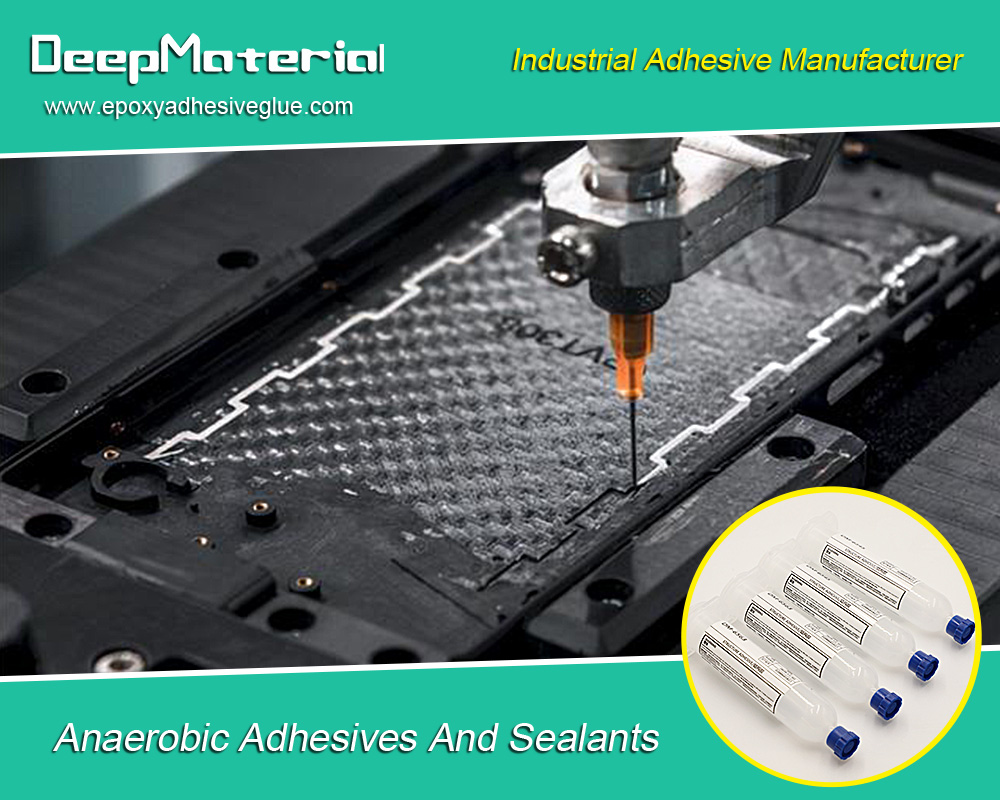
Conclusion
Choosing the right type of waterproof adhesive for plastic to metal bonding is crucial for ensuring a strong, long-lasting bond. Factors to consider when choosing include the plastic and metal being bonded, environmental factors, application method, drying time, and strength requirements. There are several types of waterproof glue available, each with its own set of advantages as well as disadvantages. To ensure a long-lasting bond, it is important to properly prepare the surfaces, apply the glue correctly, allow sufficient curing time, and maintain the bond over time.
For more about choosing the Glue for Plastic to Metal, you can pay a visit to DeepMaterial at https://www.epoxyadhesiveglue.com/what-is-the-strongest-waterproof-epoxy-adhesive-glue-for-plastic-to-metal/ for more info.


